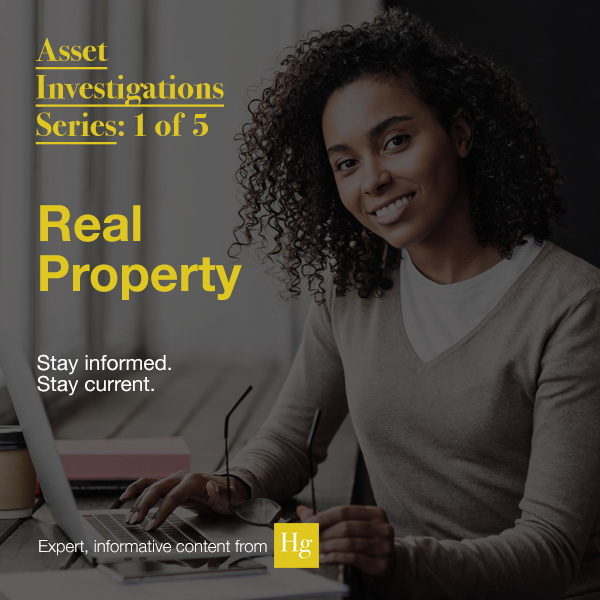 Locating the assets of a business can be incredibly difficult, because assets can be held in many ways. For example, business assets can be held legally in a foreign country, as a corporate shell, or a personal trust. Some are liquid, i.e., cash or easily converted into cash; while others are intangible, i.e., lacking a physical presence and hard to place a value on. And still others may be hidden, either by choice or due to financial protection laws. Hiding business assets is so much easier than hiding personal assets, because one can create new umbrella accounts and shell companies to hide money. The only way to locate business assets is to start finding the ‘dots’ and then begin to connect them.
Locating the assets of a business can be incredibly difficult, because assets can be held in many ways. For example, business assets can be held legally in a foreign country, as a corporate shell, or a personal trust. Some are liquid, i.e., cash or easily converted into cash; while others are intangible, i.e., lacking a physical presence and hard to place a value on. And still others may be hidden, either by choice or due to financial protection laws. Hiding business assets is so much easier than hiding personal assets, because one can create new umbrella accounts and shell companies to hide money. The only way to locate business assets is to start finding the ‘dots’ and then begin to connect them.
In this 5-part series, we will examine how to conduct an assets investigation and offer some practical search procedures, including Real Property, Personal Property, Investments and Trusts (Financial Assets), Intellectual Property, and Subsidiaries/Spin-offs. This week, we look at real property.
Real Property
Real property refers to real estate. A person can own one family home, or one can invest in second homes, summer homes, or investment properties, including, undeveloped property, farmland, or open-space land. Businesses also own property, manufacturing plants, and office spaces. They may use all or part of the property for themselves or rent several floors to other interests.
Where to Search
Property records are recorded and maintained by the county or parish or city in which that property resides. County records are open to the public. Many of the populous counties can often be found on the internet through a variety of free and fee resources. Hg analysts often start a property records search with BRB Publications, a free service which enables us to locate county-by-county databases for searching public records. Fee-based searches can be conducted on a variety of platforms, including LexisNexis, CLEAR, Accurint, Tracers, IRBsearch, and Delvepoint.
OSINT TIP:
Be aware that many counties do not share their public records online. These counties may maintain their records in an electronic index and have decided not to supply online service, or the records may be maintained in card files or microfiche. In such instances, contact the county recorder’s office and ask about the cost and turnaround time for a search within that county, or hire a local record retriever for an on-site search.
How to Document
In asset investigation or debt recovery work, have a clear starting point for your attack. Document everything—even the smallest detail—you find. Save all your files. A few months later, a random mention of scuba lessons on a social media page may prompt you to search for registered watercraft.
 Engage Hg for your asset investigative needs!
Engage Hg for your asset investigative needs!
With over twenty-five years of global experience tracking down the money, Hetherington Group conducts asset investigations unique to your needs. With hyper-focus and scientific precision, our seasoned professional analysts scour hundreds of thousands of foreign and domestic resources to provide you the data you need to protect your assets and recover those you’ve lost.
 Like what you’re reading? Check out Hg’s monthly webinars!
Like what you’re reading? Check out Hg’s monthly webinars!
Throughout the year, Hetherington Group offers monthly live webinars on current investigative tactics involving social networks, search engines, due diligence, the dark web, and other related topics. Participants should have some basic experience of the topic, as all programs are offered at an intermediate level, unless otherwise noted.



